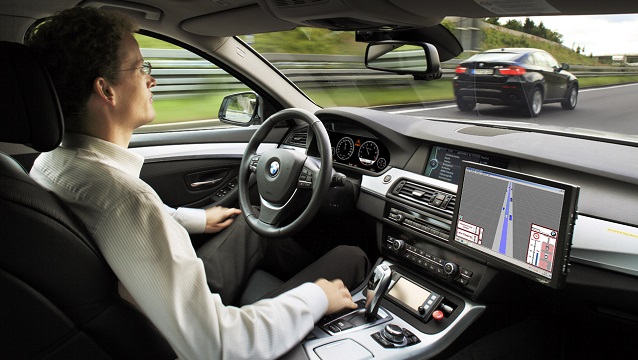We hear a lot about artificial intelligence behind the scenes, in big business and analytics. Slowly but surely though, businesses that you interact with on a daily basis are gaining the ability to harness the technology for practical use or to present a better experience. From shopping and retail to vehicles and fitness, AI will soon be noticeably enhancing various aspects of ordinary life. Here are some specific places in which you can expect to see AI integration in the next five years.
Fashion and Retail
Currently when you go shopping, there are salespeople who help you find what you need. If you choose to, you can rely on their expertise to know what products are in stock, what might suit your taste, and what to recommend if something you want doesn’t fit or isn’t available. However, as the retail fashion industry slowly embraces AI, we may start to see computer-based programs offering the same services with better results. They’ll be able to analyze your body type to help you find clothes that are flattering, and will also know exactly what’s in stock or what might need to be ordered. We may even see AI-infused virtual dressing rooms that negate the need to even try on outfits – at least physically. This is not to say in-store salespeople will be eliminated. A human touch is still appreciated, and there still need to be people to physically help with customer needs in the stores. However, AI may essentially make the shopping process more precise and efficient.
Personal Vehicles
This is something we’re already seeing, with Alexa inside cars, Teslas all but driving themselves, and various AI features helping to keep drivers safe. The technology can help with emergency braking, lane drifting, and parallel parking in many if not most new cars; it can keep a car on course on a highway, even in heavy traffic, with no driver action, in the most advanced instances. And yet, further opportunities for AI abound in the personal vehicle market. It’s likely that we’ve only begun to see how our cars will ultimately interact with the world around them, whether that means by communicating with other vehicles to maximize safety potential, connecting to city traffic devices to analyze traffic and optimize navigation, or something else entirely.
Sports Betting
For now, sportsbooks and online gambling sites do their best to make accurate odds for upcoming sporting events, and to keep track of players’ and teams’ stats. And to be sure, they’re already using advanced analytical systems to do so in a precise manner, as free from human error or bias as possible. With the best online betting sites increasingly willing to innovate to provide the best possible customer experience though, we can expect AI to be put to use in this space as well. Basically, the better this technology gets, the better it will be able to predict outcomes. This will be sharpened odds and ultimately a fairer gambling experience.
Fitness and Health Tracking
There are some excellent fitness bracelets and smartwatches on the market that can do a lot for you already on the fitness front. You can set reminders to help you stick to your optimal sleep hours, see warnings about high heart rate while exercising, and keep statistics related to various types of workouts. Yet for the most part, right now, all of this is up to you to program and monitor. It could be that in the next few years we’ll see personal fitness trackers use AI to help you do all these things, simply by intuiting your habits, recommending changes, and making – or at least suggesting – necessary changes to make you healthier. With AI working this way, future health habits won’t be as tedious to maintain
